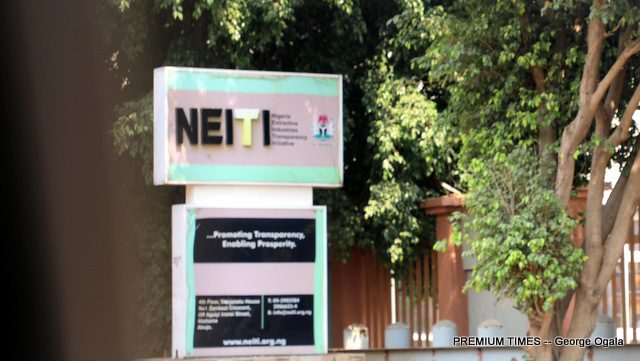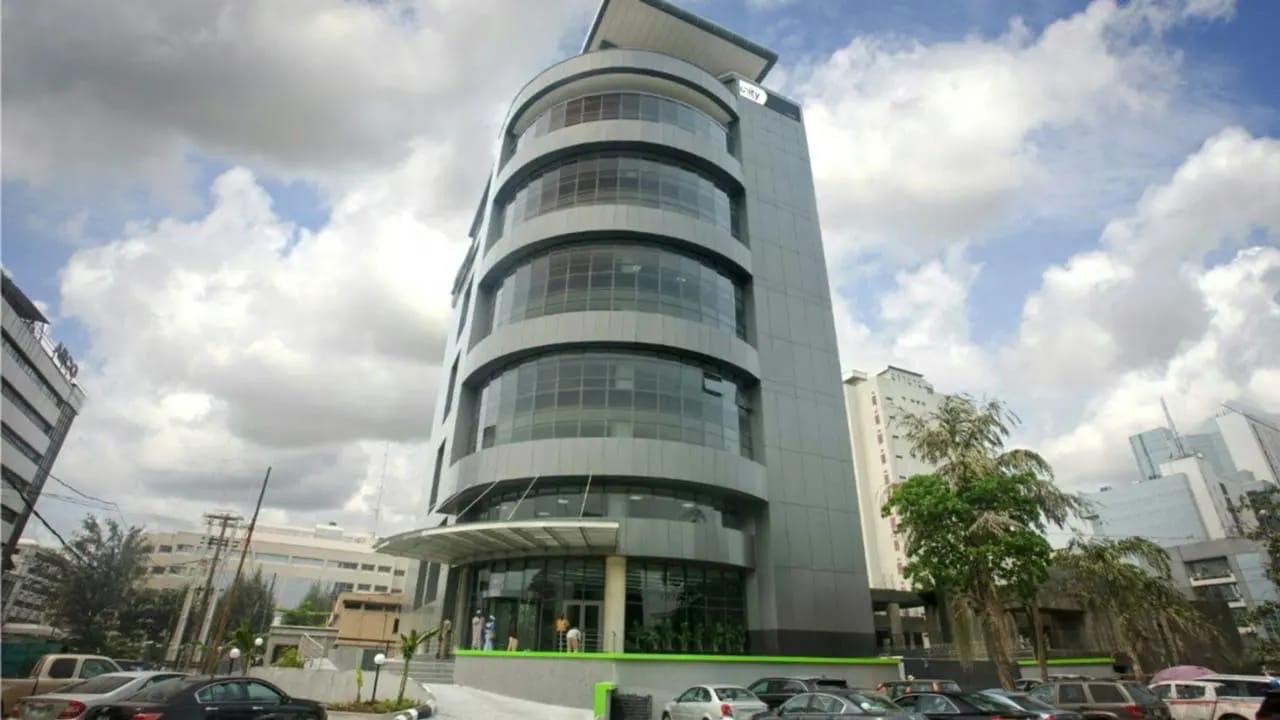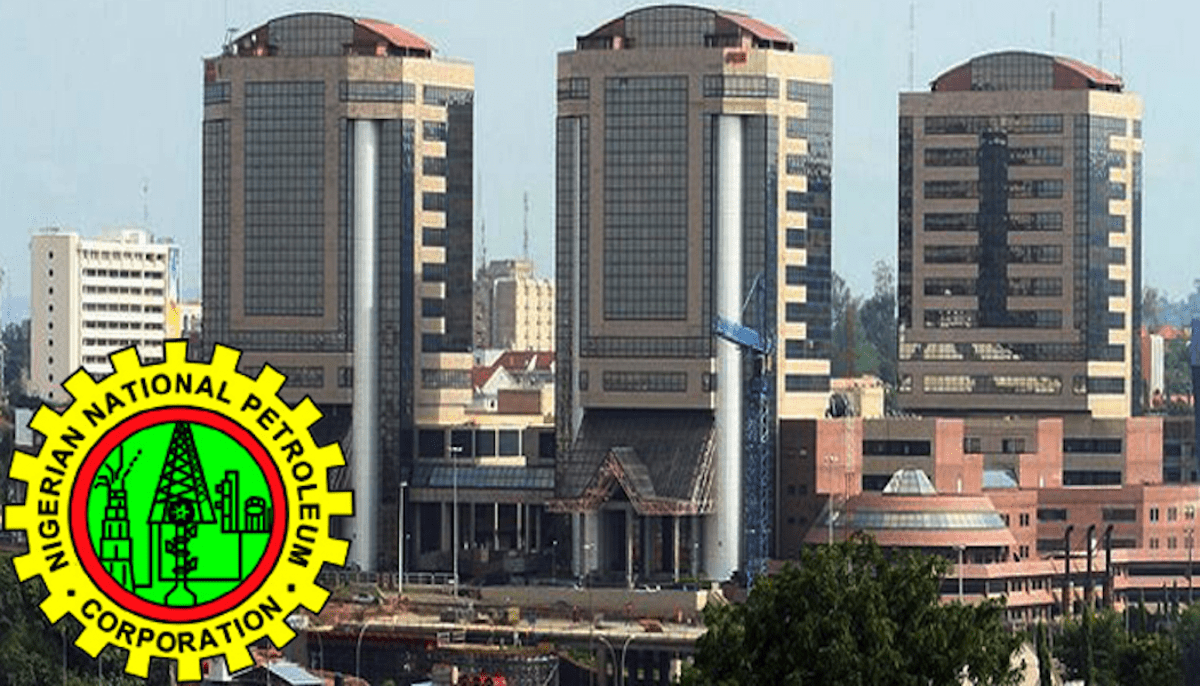Adibe Emenyonu examines the political intrigues behind the shutdown of Ossiomo Power in Edo State, exploring the causes, consequences, and unfolding aftermath
Ossiomo Power, a 95 MW gas-fired plant located in Ologbo, Ikpoba-Okha Local Government Area of Edo State, was conceived as a public-private partnership (PPP/IPP) to address the state’s long-standing electricity deficit. The plant provided power to government buildings, street lighting, private businesses, and select residential areas.
Initially designed with a capacity of 55 MW, the plant expanded to 95 MW after a 40 MW IPP was added to serve the Benin Industrial & Enterprise Park. It was hailed as a game-changing solution for power autonomy and industrial growth in Edo.
However, from inception, gas supply disruptions had posed persistent challenges, leading to periodic shutdowns and significant losses. But the most critical disruption came not from gas — but from boardroom politics.
The Shutdown and Ownership Tussle
On September 1, 2025, Ossiomo Power shut down following an ownership dispute between its Nigerian management and its Chinese partner, Jiangsu Communication Clean Energy Technology (CCETC). The Chinese partner reportedly attempted to assert control over key parts of the operation, including both generation and distribution, triggering resistance from the Nigerian side.
Most notably, CCETC allegedly shut down the 11 kVA transmission lines, cutting off many customers, including government buildings and Ossiomo-powered infrastructure. The move caused widespread blackouts across Benin City and beyond.
Was the Edo Government Involved?
Sources claim the Edo State Government tacitly approved the disconnection. According to insiders, concerns were raised over rising monthly electricity bills, prompting the state to reconnect government offices and facilities to Benin Electricity Distribution Company (BEDC), a firm previously avoided under the Obaseki administration due to erratic power supply and billing issues.
Governor Monday Okpebholo’s administration swiftly reconnected key government infrastructure, including streetlights, the state secretariat, and government house, to BEDC, after disconnecting from Ossiomo’s 11 kVA supply lines.
Fallout and Frustration
The shutdown plunged large portions of Benin into darkness. Residents lost perishables, businesses suffered, and public trust in private power solutions waned. Ongoing blackouts sparked fresh debates on the transparency of public-private power agreements, the true ownership of such projects, and the credibility of branding privately-owned infrastructure as “government legacy projects.”
It was also revealed that claims of the Edo State Government holding a 5% equity stake in Ossiomo Power were false. This revelation, coupled with the perceived mishandling of the crisis, has raised concerns about the government’s commitment to fostering a truly enabling environment for private enterprise and industrialisation.
Investor Confidence in Jeopardy
The Ossiomo saga raises red flags for both local and foreign investors. If a project once celebrated as a symbol of energy independence can fall victim to internal strife and political calculations, it calls into question Edo State’s readiness to host strategic investments.
For the past three weeks, both parties, Ossiomo and CCETC, have exchanged accusations over ownership and control. The dispute has escalated to the courts and international arbitration.
Legal Battles Begin
In response to the crisis, Ossiomo Power approached the courts seeking protection. In an ex parte motion filed by counsel Emmanuel Usoh, Justice Mary Itsueli of the Edo State High Court issued a restraining order against CCETC, barring them from entering Ossiomo Power’s premises pending a hearing.
The suit, marked B/242/2025, was filed by Ossiomo Investment Limited, Ossiomo Power and Infrastructure Company Limited, Ossiomo Offsites and Utility Limited, and Quadrant Gas Development Company Limited — with CCETC as the sole defendant.
Meanwhile, both parties are also engaged in arbitration at the Singapore International Arbitration Centre (SIAC), seeking resolution over the joint venture that led to the construction of the CCETC-Ossiomo Power Company (COPC) — the special purpose vehicle for the initial Independent Power Plant.
Politics, Power, and Public Trust
While Ossiomo has resumed power supply to some customers through its 33 kVA lines, many others, especially those connected via the 11 kVA, remain in darkness. The Edo State Government has effectively disengaged from Ossiomo, cutting off the 5 MW of electricity it once received.
Amid the legal and political standoff, stakeholders are calling for urgent intervention.
Stakeholders Speak Out
Mr. Eromosele Igbinosa, owner of Kokobi Hotel (with four branches in Benin City), stressed the importance of a transparent and legal resolution to protect investor interests.
“Let the government facilitate the ownership dispute, which he suggested should be resolved legally and transparently should be done to ensure that investors (domestic and foreign) are protected, with the Nigerian partner’s interests respected.
Also canvassed is regulatory clarity as to who holds what rights. Who is responsible for the maintenance of distribution lines, and whose responsibility is it to ensure supply to ensure contracts are clearly spelled out?
Another stakeholder who refused to be mentioned noted the need to protect customers rights by making sure public facilities and private interests are not left stranded during disputes, adding that transparency and communication must be leverage in such a way that the public and government bodies regarding investments ownership are respected regarding Return on Investment (ROI) obligations, as well the need to ensure regular gas supply that have been a recurring issue in the past for regular and stable generation of power.










